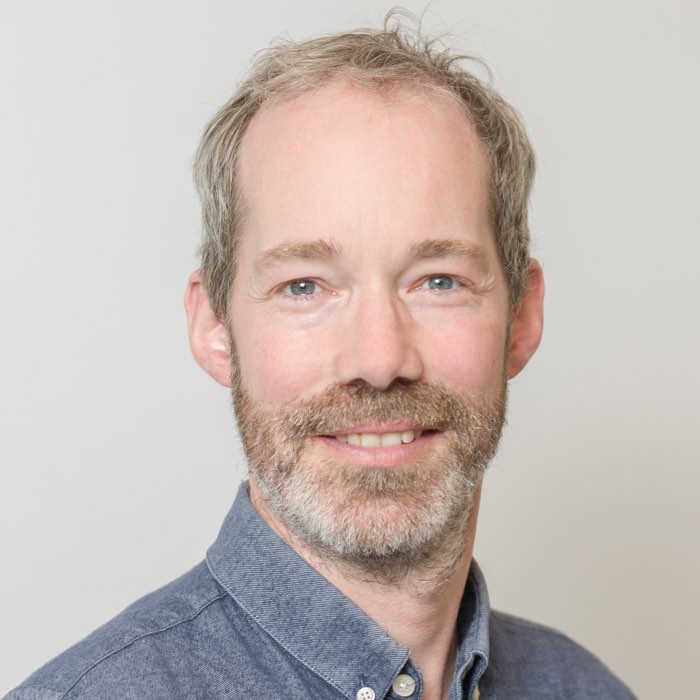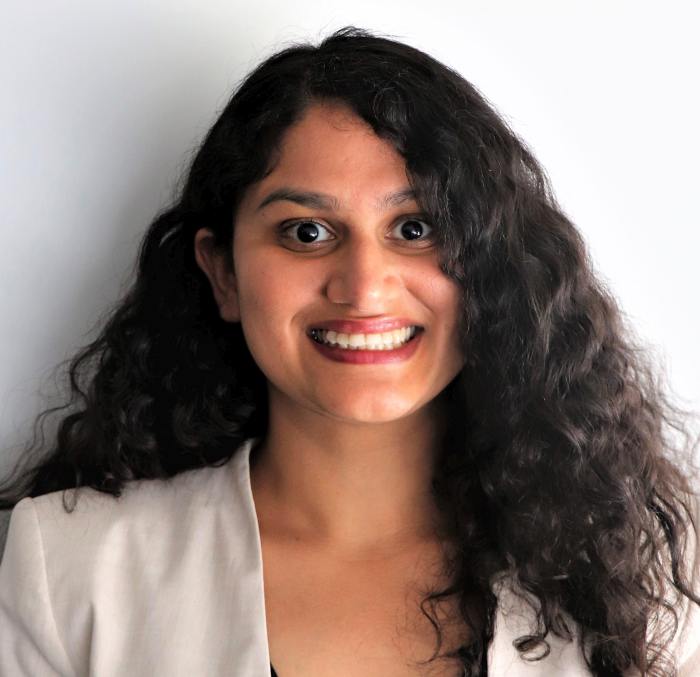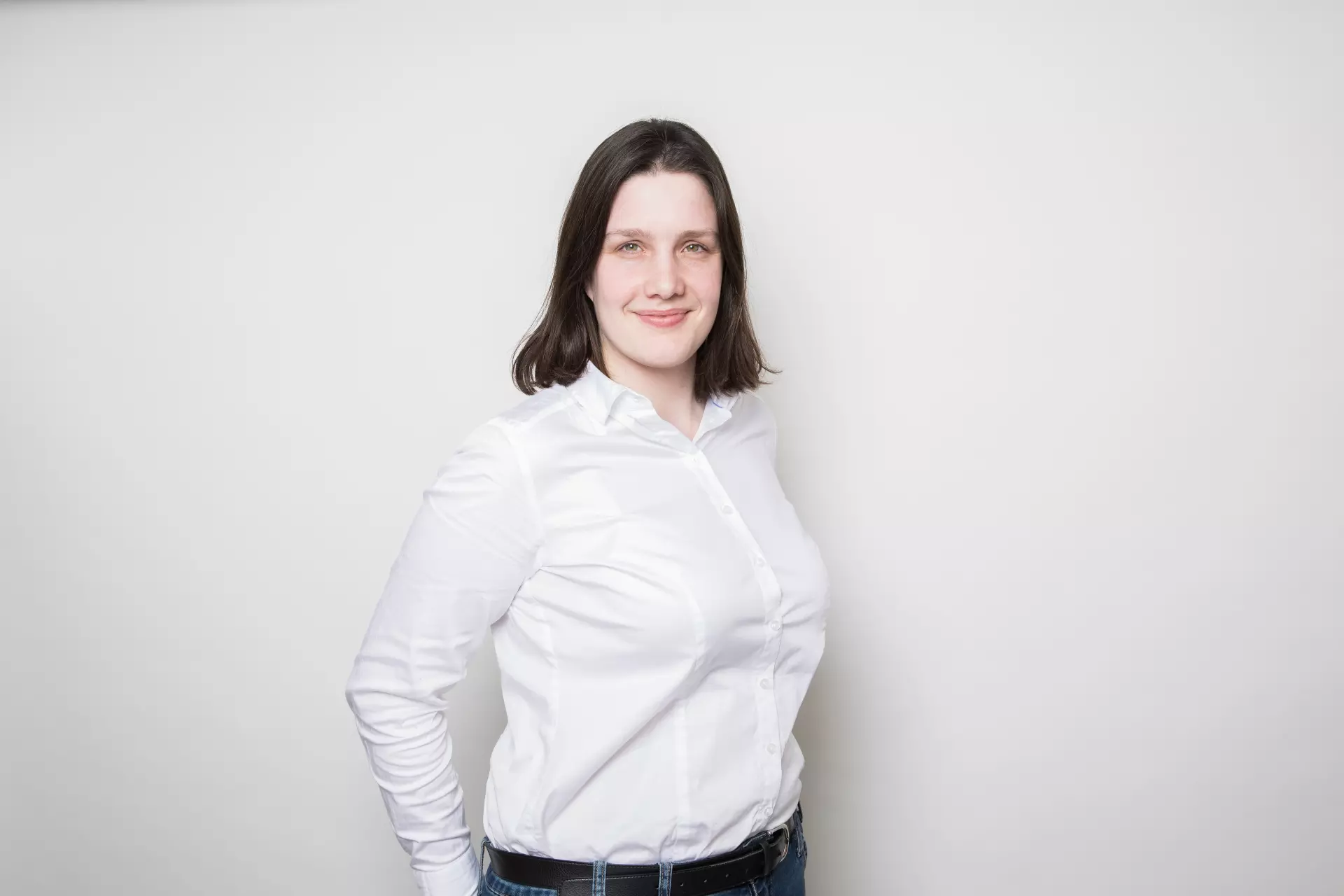
Know how to make your knowledge work for you
PIER Education Platform (PEP)
The PIER Education Platform (PEP) for doctoral and postdoctoral researchers is a cooperation of research schools on the the science campus Bahrenfeld. The PIER Education Platform offers transferable skills training, language courses, and career orientation for early stage researchers.
The portfolio is tailor-made for doctoral and postdoctoral researchers, and focuses on the needs in the respective stage of the individual research projects - from research effectiveness for first year doctoral students to career career advice and networking events for postdocs.
Cooperation partners in PEP are the PIER Helmholtz Graduate School, the Quantum Universe Research School, the graduate school of the Center for Ultrafast-Imaging/Advanced Imaging of Matter CUI/AIM, the Data Science in Hamburg Helmholtz Graduate School for the Structure of Matter DASHH and the Helmholtz-Lund International School HELIOS. Early career researchers from other affiliated research centers such as MPSD, IMPRS-UFAST, CSSB, and EMBL may also participate upon request.
For postdocs: Sign up to our newsletter to stay tuned about our programme. If you'd like to be added to our PEP for postdocs newsletter, send an e-mail to Pragya Chopra (pragya.chopra@pier-hamburg.de).


Transferable skills for researchers
In addition to the qualifications specific to a profession, other abilities – transferable skills – also play an important role when it comes to successfully planning one’s career and life.
Check out PEP's Transferable Skills Portfolio
Language courses
The PIER Education Platform offers language classes in both German and English on the science campus Bahrenfeld - just off your lab. We offer German courses for beginners and advanced users, and language training in English for proficient speakers.
Check out the Language Classes
PIER Graduate Week and Doctoral Seminar
One of PIER's main objectives is to introduce doctoral researchers to the neighbouring research fields of particle and astroparticle physics, nano science, photon science, infection and structural biology
Check out the PIER Graduate Week and the PIER Doctoral Seminar
PIER Education Platform (PEP) Newsletter
The PIER Education Platform (PEP) brings you a curated list of workshops, talks, courses and much more on a plethora of topics ranging from programming to mental health!
Check out the PIER Education Platform (PEP) Newsletter
»PEP ensures that each early career researcher is provided with everything they need to acquire the professional skills they require to become successful scientists.«
Jennifer Popp | PHGS member since 2021 | Learn more

»PEP ensures that each early career researcher is provided with everything they need to acquire the professional skills they require to become successful scientists.«
Jennifer Popp | PHGS member since 2021 | Learn more

Transferable skills, also known as “portable skills,” are qualities that can be transferred from one job to another. You likely already possess many transferable skills employers want, like self-organization or strong communication. You can strengthen those skills and develop new ones that employers value across industries and jobs.
All jobs, both within and outside academia, require a combination of a set of skills. Some are hard skills, which are teachable and easy to quantify, like being fluent in another language. Some are soft skills, which are harder-to-quantify skills like time management. Transferable skills can be hard or soft skills. What sets transferable skills apart is that they can be used in multiple career fields. For example, time management and language fluency are both useful in multiple fields.
[ˈɡuːtn̩ ˈmɔʁɡŋ̍] – or how to say good morning to your German colleagues
PEP Events
show all events26 Feb 2026
Supervision and Leadership for Doctoral Researchers
Dr. Imke Lode (she/her) | 26 + 27 February 2026 | Building 48f / room O1.030
Interactive hands-on workshop with exercises and scientific input, enabling the participants to supervise students in an effective and respectful way:
09 Mar 2026
Convincing scientific talks: Presentation skills for doctoral researchers
Matthias Mayer | 09 + 10 March 2026, 9:00 a.m. - 5:30 p.m. | 9 March: building 1b, SR 5 | 11 December: building 1b, SR 4a
Turn your research into a talk that truly connects: learn how to craft clear messages, design powerful slides, and deliver with confidence on stage or online.
10 Mar 2026
Academic Writing for Doctoral Researchers - 8 Sessions
8 sessions from 10 March to 28 April 2026, 5:30 - 7:00 p.m. (Tuesdays) | Campus Bahrenfeld, Building 61 Room 116 (1st floor)
At a basic level, a PhD is about developing the skills of a professional academic researcher. However, without a set syllabus to follow, how do you develop those skills?
18 Mar 2026
Python basics
Bernd Klein | 18-19 March 2026, 9 am - 5 pm | online
Do you want to do machine learning and/or data analysis using Python, but you’re having trouble getting started? Here's the solution.




